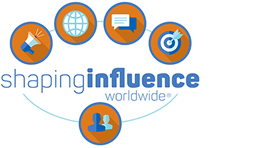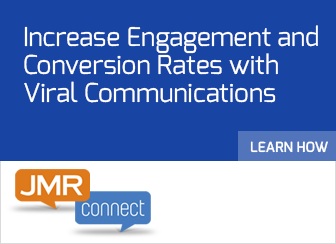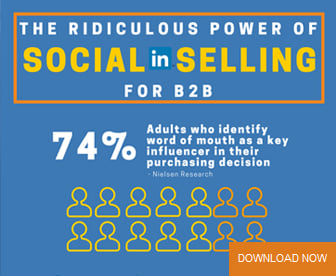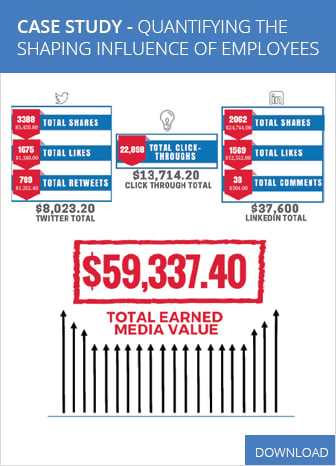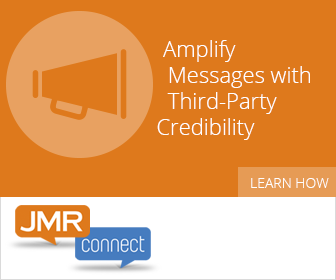What's Next in Influencer Marketing
People may have brand preferences, but it’s other people that tend to attract them to specific products or companies in the first place. That’s why so-called influencers have become so important. And it’s why TapInfluence has come out with its 10 influencer marketing predictions for the year ahead.
“Traditional advertising isn’t paying the dividends it once did and we proved this in a study with Nielsen Catalina,” says TapInfluence CEO Promise Phelon. “Consumers don’t listen to brands because they’re not human. Influencers are real people, and that’s why they are able to engage their audiences. The influencer marketing space is so new that marketing executives are still doing many things incorrectly. Our 2017 predictions are the quintessential guide that will help marketers move the needle and drive sales.”
That list includes the idea that authenticity will be questioned, the prediction that agencies that employ influencer marketing will be those that succeed, and the statement that marketing tech will help challenger brands gain ground.
In its first prediction, about authenticity, TapInfluence notes that celebrity endorsements are seldom believable. (Indeed, the fact that soccer player and Coca Cola spokesman Ronald de Assis Moreira in 2012 was caught drinking Pepsi at a press conference and lost his $750,000 Coke endorsement illustrates this idea. I learned about this example just the other night while playing Trivial Pursuit 2000s Edition with my family.)
Millennials are more attracted to advertising and marketing from real-life influencers, TapInfluence suggests. (However, I should note that businesses need to be careful when it comes to authenticity. I recently read an Advertising Age article by Douglas Brundage of marketing agency Team Epipheny. The piece, “Beware the ‘Authenticity Trap’ When Marketing to Millennials”, says brands should “rally around personalities” and an “interesting story” rather than pushing the term or idea of authenticity.)
As for TapInfluence’s predictions about martech, it’s quite right. The use of martech, or marketing technology, solutions are becoming more widespread and more available to a broader group of companies.
I wrote about martech in the May 2015 cover story of CUSTOMER magazine. In that piece I explained that in the traditional marketing model, IT frequently acts as a bottleneck in the process, as marketers have to wait for their tech colleagues to write code or provide assistance with other technical aspects of their campaigns. However, martech software tools allow marketers to manage IT-related tasks themselves so they can implement and execute marketing campaigns more quickly and efficiently.
The TapInfluence list also suggests that influencer marketing will impact the business-to-business space. It says brands will connect the dots between offline and online experiences. (Indeed, this is a trend we’re already starting to see.) The company notes that real-time social channels require brands to cede some of their creative control. It discusses the opportunity for niche marketing. And it talks about how the move to influencer marketing calls for new kinds of measurement.
“As top brands and agencies lean in to influencer marketing, they will need confirmation that it’s actually affecting their bottom line,” TapInfluence suggests. “Program performance (using quantitative metrics like cost per engagement), as well as sales and revenue lift will be critical to justify bigger budgets for influencer marketing to CFOs and Strategic CMOs.”
